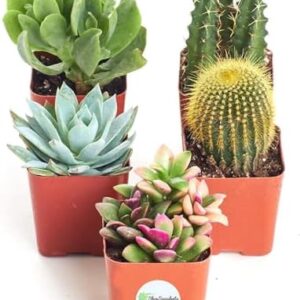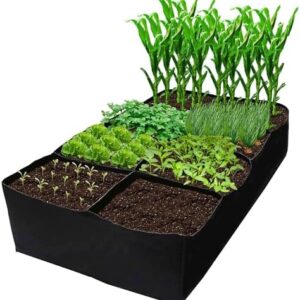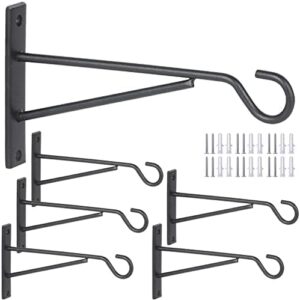Gardening is one of the most fulfilling and rewarding hobbies out there. There’s nothing quite like the feeling of watching your hard work pay off as your plants grow and flourish. But have you ever stopped to think about the impact your gardening practices have on the environment?
Traditional gardening can be quite harmful to the planet. Many gardening tools and practices involve the use of chemicals and materials that can harm the environment and contribute to pollution. But fear not, eco-conscious gardener! There are plenty of eco-friendly garden tools available that can help you cultivate a beautiful garden while also taking care of the planet.
One of the simplest ways to make your gardening more sustainable is by choosing the right tools. Traditional gardening tools are often made of plastic or other non-biodegradable materials that can sit in landfills for centuries. Eco-friendly garden tools, on the other hand, are often made of sustainable materials like bamboo or recycled plastic. These tools are not only better for the environment, but they’re also often more durable and long-lasting, making them a smart investment for any gardener.
One essential eco-friendly garden tool is a compost bin. Composting is a great way to reduce waste and create nutrient-rich soil for your garden. Instead of throwing away your kitchen scraps and yard waste, you can put them in a compost bin where they will break down into compost that you can use to fertilize your plants. Compost bins are available in a variety of sizes and styles, so you can find one that fits your space and needs.
Another essential eco-friendly tool is a rain barrel. Collecting rainwater in a barrel allows you to water your garden without using water from the tap. This not only saves you money on your water bill, but it also helps conserve water resources and reduce runoff pollution. Plus, rainwater is naturally free of chlorine and other chemicals found in tap water, making it better for your plants.
If you’re looking to reduce your carbon footprint, consider investing in a solar-powered garden tool. Solar-powered tools, like solar lights or solar-powered water features, harness the power of the sun to operate without the need for electricity. This not only saves energy, but it also reduces your reliance on fossil fuels and helps combat climate change.
When it comes to planting, opt for eco-friendly alternatives to traditional gardening practices. For example, instead of using chemical fertilizers that can harm the environment and water supply, try using organic fertilizers made from natural ingredients like compost or animal manure. These fertilizers are better for the soil, plants, and surrounding ecosystem.
Another eco-friendly gardening practice is mulching. Mulch helps retain moisture in the soil, suppress weeds, and regulate soil temperature. Instead of buying plastic mulch, which can take hundreds of years to decompose, opt for natural mulch like wood chips, straw, or leaves. These materials break down over time, adding nutrients to the soil and reducing waste.
If you’re looking to attract pollinators to your garden, consider planting native species of plants. Native plants are well-adapted to your local climate and soil conditions, making them easier to maintain and more resistant to pests and diseases. They also provide food and shelter for local pollinators, like bees and butterflies, which are essential for a healthy ecosystem.
When it comes to maintenance, consider hand tools over power tools whenever possible. Hand tools are quieter, lighter, and more eco-friendly than gas-powered tools like lawnmowers and trimmers. Plus, using hand tools gives you a better connection to your garden and allows you to work at a slower pace, enjoying the sights and sounds of nature as you care for your plants.
In conclusion, gardening doesn’t have to be harmful to the environment. By choosing eco-friendly garden tools and practices, you can cultivate a beautiful garden while also taking care of the planet. From compost bins to rain barrels to solar-powered tools, there are plenty of options available to help you garden sustainably. So go ahead, grab your eco-friendly tools and get out into the garden – your plants (and the planet) will thank you!






